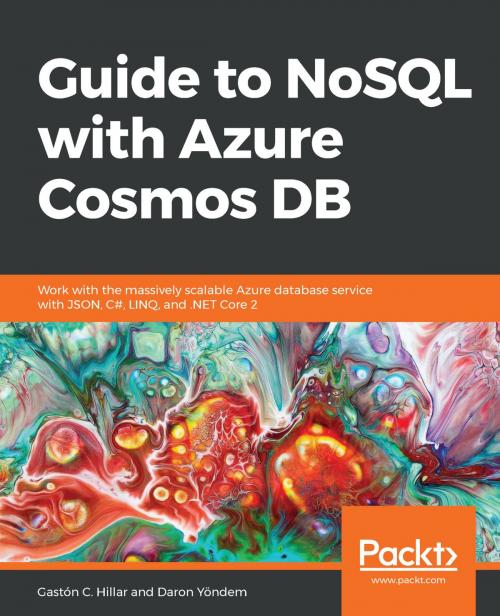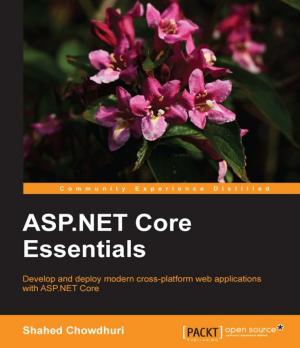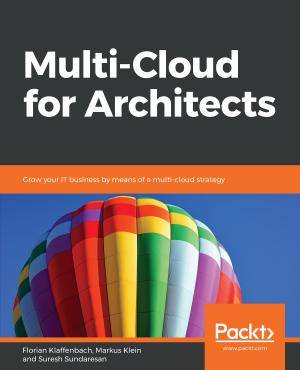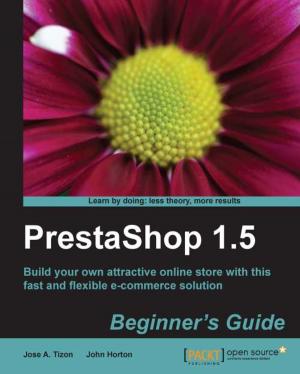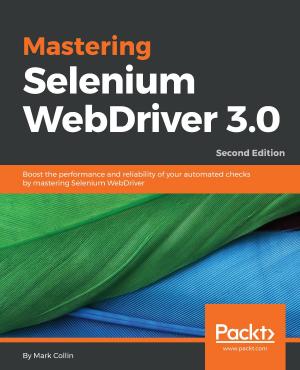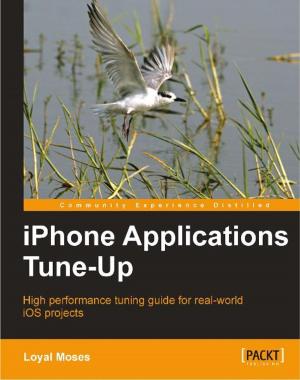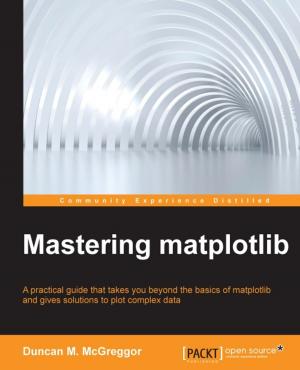Guide to NoSQL with Azure Cosmos DB
Work with the massively scalable Azure database service with JSON, C#, LINQ, and .NET Core 2
Nonfiction, Computers, Database Management, General Computing| Author: | Daron Yöndem, Gaston C. Hillar | ISBN: | 9781789618969 |
| Publisher: | Packt Publishing | Publication: | September 28, 2018 |
| Imprint: | Packt Publishing | Language: | English |
| Author: | Daron Yöndem, Gaston C. Hillar |
| ISBN: | 9781789618969 |
| Publisher: | Packt Publishing |
| Publication: | September 28, 2018 |
| Imprint: | Packt Publishing |
| Language: | English |
Create scalable applications by taking advantage of NoSQL document databases on the cloud with .NET Core
Key Features
- Work with the latest available tools related to Cosmos DB
- Learn to work with the latest version of the .NET Core SDK, C# and the SQL API
- Work with a database service that doesn’t require you to use an ORM and provides flexibility
Book Description
Cosmos DB is a NoSQL database service included in Azure that is continuously adding new features and has quickly become one of the most innovative services found in Azure, targeting mission-critical applications at a global scale. This book starts off by showing you the main features of Cosmos DB, their supported NoSQL data models and the foundations of its scalable and distributed architecture. You will learn to work with the latest available tools that simplify your tasks with Cosmos DB and reduce development costs, such as the Data Explorer in the Azure portal, Microsoft Azure Storage Explorer, and the Cosmos DB Emulator.
Next, move on to working with databases and document collections. We will use the tools to run schema agnostic queries against collections with the Cosmos DB SQL dialect and understand their results. Then, we will create a first version of an application that uses the latest .NET Core SDK to interact with Cosmos DB. Next, we will create a second version of the application that will take advantage of important features that the combination of C# and the .NET Core SDK provides, such as POCOs and LINQ queries. By the end of the book, you will be able to build an application that works with a Cosmos DB NoSQL document database with C#, the .NET Core SDK, LINQ, and JSON.
What you will learn
- Understand the supported NoSQL data models and the resource hierarchy
- Learn the latest tools to work with Cosmos DB accounts and collections
- Reduce your development costs by working with the Cosmos DB Emulator
- Understand request units, automatic indexing, partitioning, and billing
- Build an application with C#, Cosmos DB, .NET Core SDK, and the SQL API
- Perform asynchronous operations with databases, and documents in C#
- Work with models, and customize serialization of LINQ queries
Who this book is for
This book is for C# developers. You do not require any knowledge of Azure Cosmos DB, but familiarity with the Azure platform is expected.
Create scalable applications by taking advantage of NoSQL document databases on the cloud with .NET Core
Key Features
- Work with the latest available tools related to Cosmos DB
- Learn to work with the latest version of the .NET Core SDK, C# and the SQL API
- Work with a database service that doesn’t require you to use an ORM and provides flexibility
Book Description
Cosmos DB is a NoSQL database service included in Azure that is continuously adding new features and has quickly become one of the most innovative services found in Azure, targeting mission-critical applications at a global scale. This book starts off by showing you the main features of Cosmos DB, their supported NoSQL data models and the foundations of its scalable and distributed architecture. You will learn to work with the latest available tools that simplify your tasks with Cosmos DB and reduce development costs, such as the Data Explorer in the Azure portal, Microsoft Azure Storage Explorer, and the Cosmos DB Emulator.
Next, move on to working with databases and document collections. We will use the tools to run schema agnostic queries against collections with the Cosmos DB SQL dialect and understand their results. Then, we will create a first version of an application that uses the latest .NET Core SDK to interact with Cosmos DB. Next, we will create a second version of the application that will take advantage of important features that the combination of C# and the .NET Core SDK provides, such as POCOs and LINQ queries. By the end of the book, you will be able to build an application that works with a Cosmos DB NoSQL document database with C#, the .NET Core SDK, LINQ, and JSON.
What you will learn
- Understand the supported NoSQL data models and the resource hierarchy
- Learn the latest tools to work with Cosmos DB accounts and collections
- Reduce your development costs by working with the Cosmos DB Emulator
- Understand request units, automatic indexing, partitioning, and billing
- Build an application with C#, Cosmos DB, .NET Core SDK, and the SQL API
- Perform asynchronous operations with databases, and documents in C#
- Work with models, and customize serialization of LINQ queries
Who this book is for
This book is for C# developers. You do not require any knowledge of Azure Cosmos DB, but familiarity with the Azure platform is expected.
